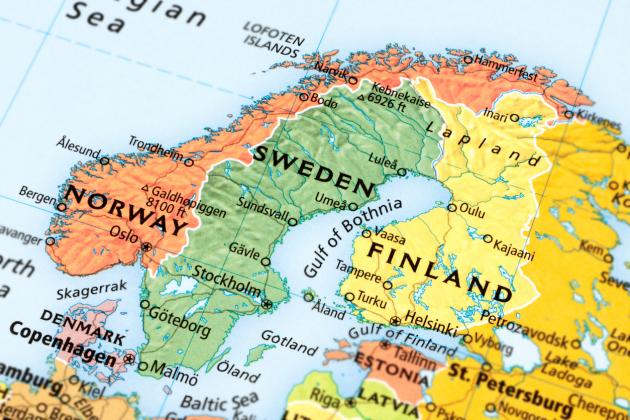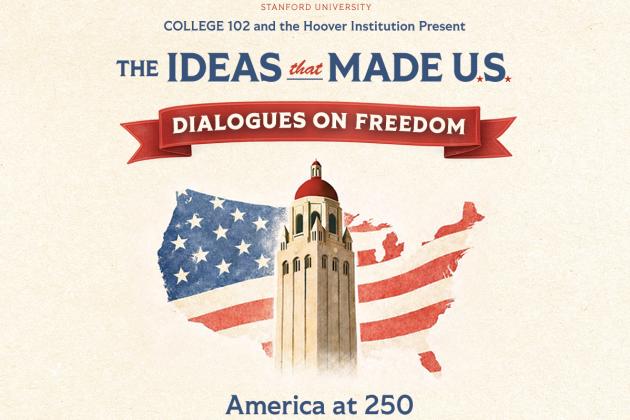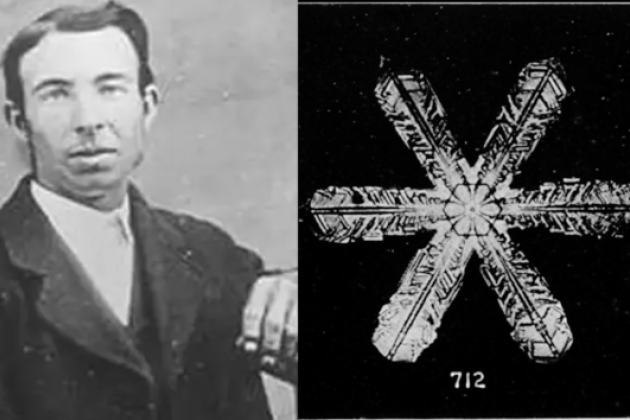PARTICIPANTS
Marek Belka, Michael Boskin, Darrell Duffie, Joe Grundfest, Marian Moszoro, Norman Naimark, Ken Scott, John Shoven, George Shultz, Andy Skrzypacz, Tad Taube, John Taylor, Ian Wright
ISSUES DISCUSSED
Marek Belka, Governor of the Central Bank of Poland and former Finance Minister and Prime Minister of Poland, discussed economic and financial developments in Poland and Europe, in particular giving the Polish perspective on the eurozone.
Belka spoke of the pre-crisis attractiveness to non-euro countries of joining the eurozone, summarized in three anticipated effects: (1) entering the eurozone would lead to access of cheaper capital which would invigorate the economy, (2) inflows of such capital would stimulate the economic competitiveness of the country, and (3) disciplined fiscal policy would prevent a boom-bust cycle and overheating of the economy. However, he argued the crisis showed these arguments need to be reassessed and modified in ways one might not necessarily expect. Specifically, Belka explained a country’s joining the eurozone does not guarantee its interest rate will fall to the benchmark level. Additionally, he said the crisis showed capital inflows exacerbated imbalances for recipient European Union countries and led to increased economic fragility, rather than increased economic competitiveness. Finally, he argued good fiscal policy may not always be able to prevent overheating of the economy, although it may slow such overheating.
With regard to Poland’s consideration of joining the eurozone, Belka stated that a good eurozone citizen is not one that only fills the criterion for entry but is a country with an agile, dynamic economy that is willing to make difficult adjustments for the good of the whole if necessary. This is important both for countries within the eurozone currently, and for those moving towards it, such as Poland.
Belka concluded by posing and discussing a number of questions, including whether a country can be outside of the eurozone and still be an influential decision-maker in the European Union, the state of the Polish banking system, and the future of the euro.









